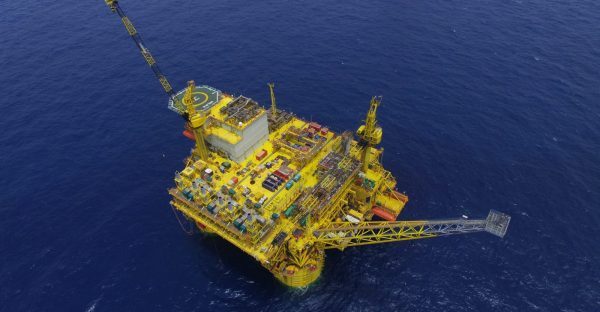Oil major Shell has revealed plans to reverse the working rotas for its offshore operations in the UK North Sea. Starting from May 2019, the company will move to two weeks offshore and three weeks onshore (2/3) rotas, following an extensive campaign by Unite the Union, Scotland’s largest offshore trade union.
In an official statement on 18 September, the union welcomed the decision by Shell which was made after a consultation engaging the workforce including Unite representatives. The agreement will include performance pay to offset income reductions as a result of the shift pattern change.
This move comes after a report by Robert Gordon University identified that workers on three-week, equal-time rotas were nearly twice as likely to experience ill health as those on two-on-two-off shifts. The 3/3 off rota pattern is now estimated to be worked by 56% of the workforce offshore, compared with just 17% working the same pattern in 2007.
Now the Union hopes that the same patterns will be implemented in all operations in North Sea.
It is good to see that Shell has listened to Unite and the views of the wider workforce. We believe the findings of the RGU survey should be the platform for all offshore operators in deciding whether to move from three weeks offshore to two weeks offshore. Unite will continue to work with Shell, and its contractors, to implement this change to ensure a safe and healthy environment for our members. Unite’s campaign to end the 3 and 3 will continue to roll out…We need to do everything possible to stop the use of this hated rota in the North Sea.
…said Unite regional industrial officer John Boland.






























































